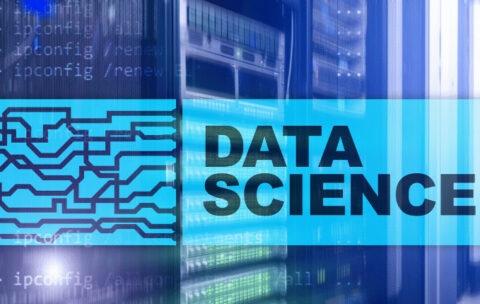Foundations of Data Science: Principles and Techniques
The course “Foundations of Data Science: Principles and Techniques” provides …
What you'll learn
Machine Learning and Predictive Modelling for Data Science
The course “Machine Learning and Predictive Modelling for Data Science” …
What you'll learn
Advanced Database Development: Optimizing Performance and Scalability
The course “Advanced Database Development: Optimizing Performance and Scalability” is …
What you'll learn
Fundamentals of Database Design: Principles and Techniques
The course “Fundamentals of Database Design: Principles and Techniques” provides …
What you'll learn
Advanced Data Analytics: Methods and Applications
The course “Advanced Data Analytics: Methods and Applications” is designed …
What you'll learn
Data Modelling and Database Management: Designing Efficient Data Structures
The course “Data Modelling and Database Management: Designing Efficient Data …
What you'll learn
Database Administration and Security: Ensuring Integrity and Protection of Data
The course “Database Administration and Security: Ensuring Integrity and Protection …
What you'll learn
Introduction to Game Development: From Concept to Playable Prototype
The course “Introduction to Game Development: From Concept to Playable …









